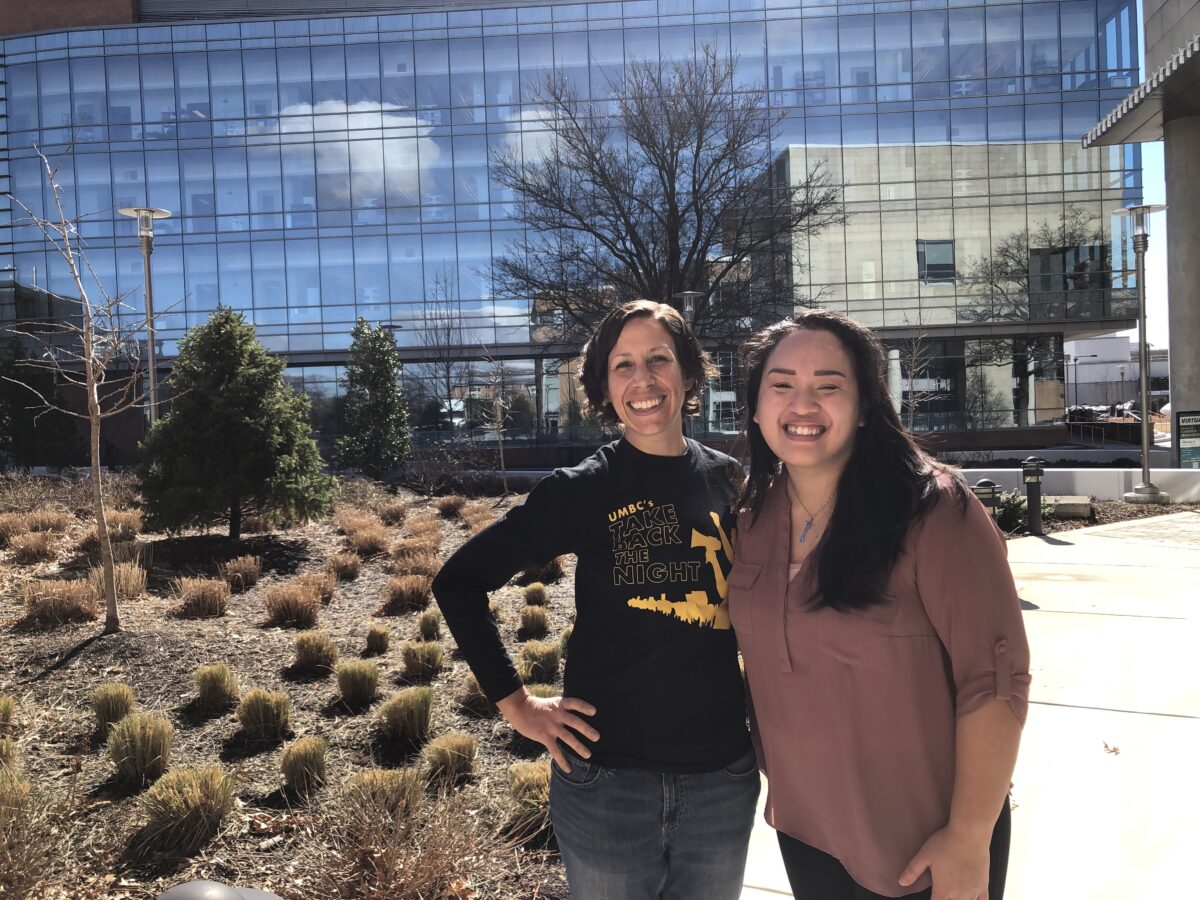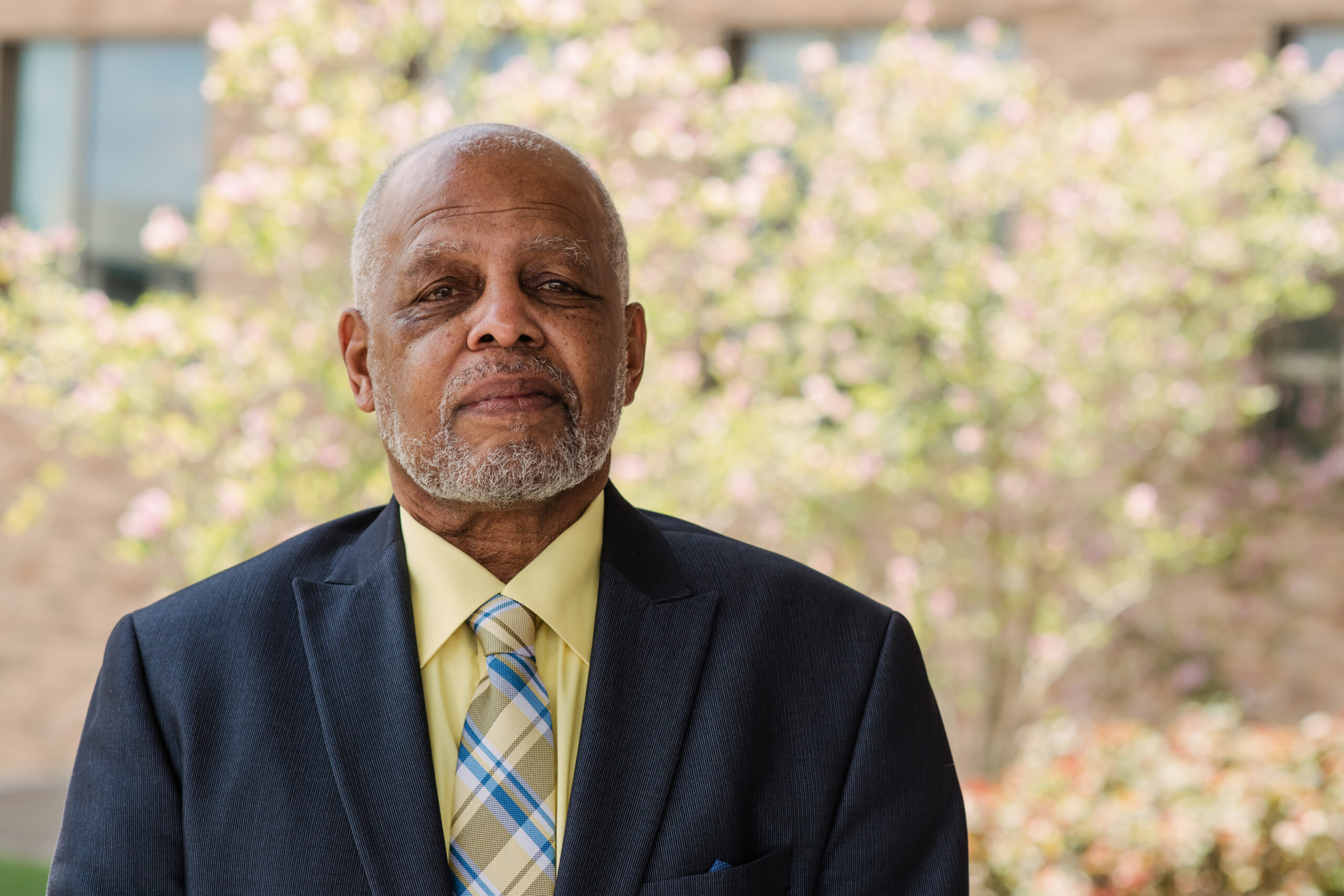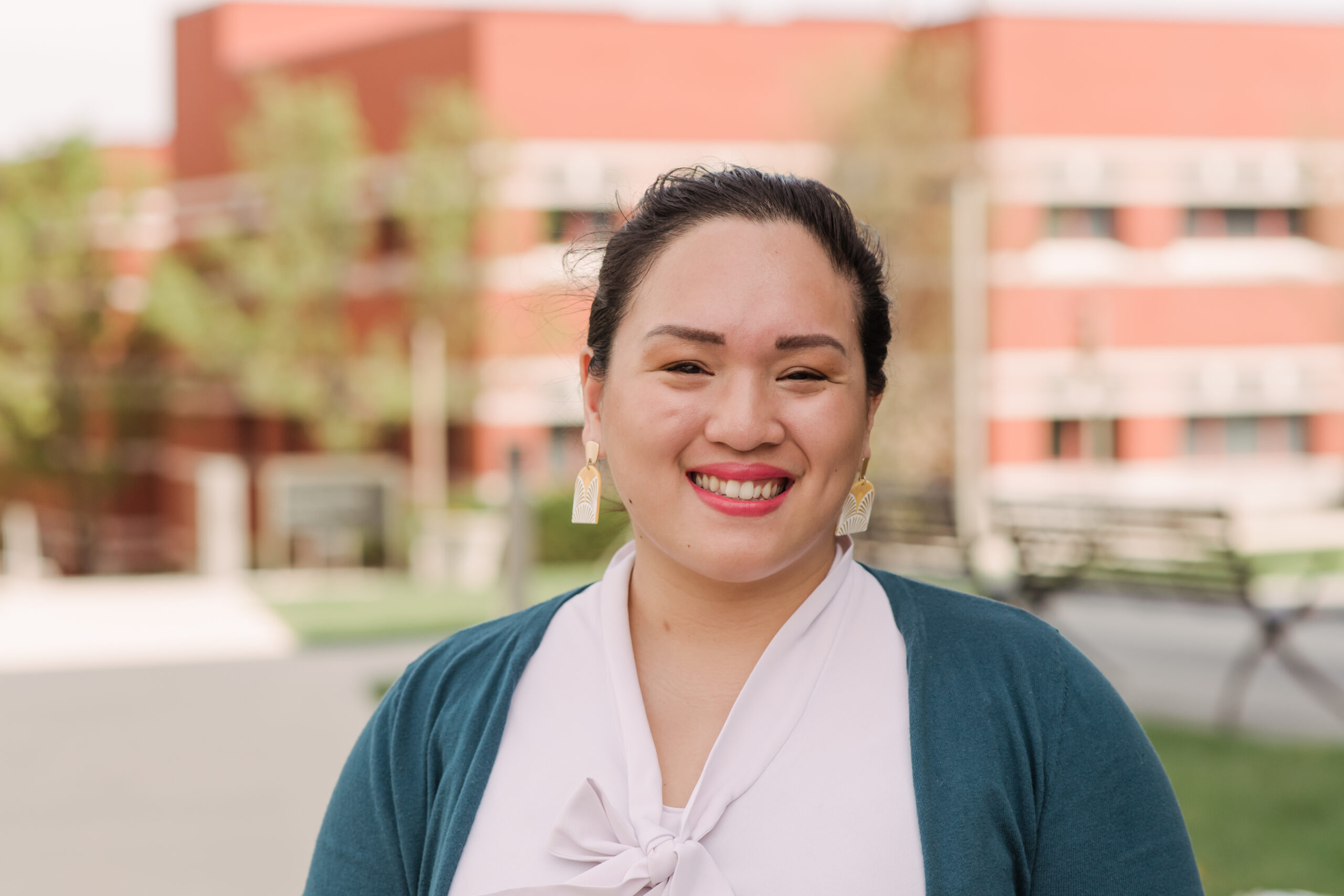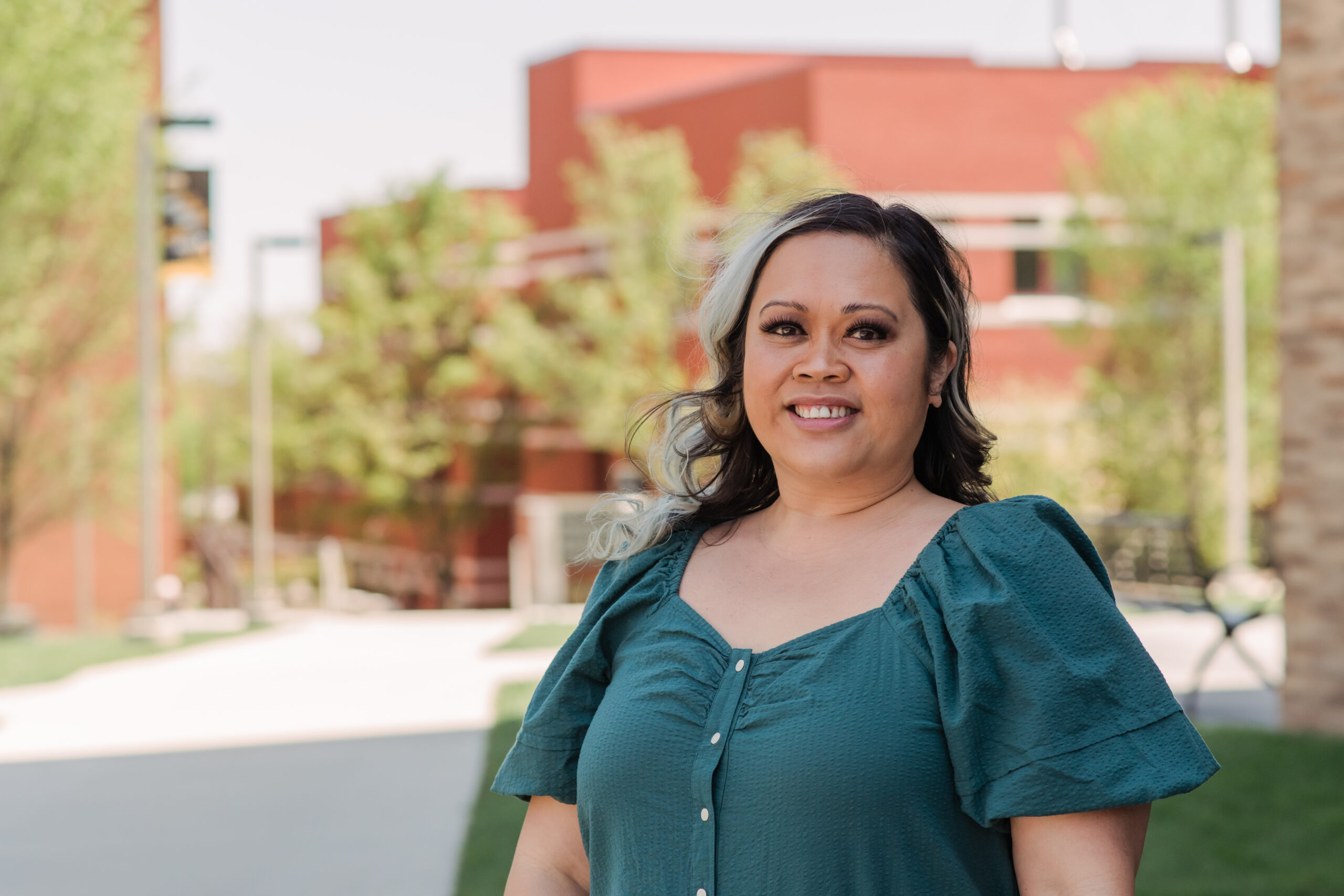UMBC provides supportive pathways for returning students to claim their futures
Story by Charis Lawson ’20, English, and additional UMBC staff.

Charles Harris’s college degree is a labor of love that began in the 1970s. He will be 80 years old when graduates this month, adding a B.A. in sociology to a powerful list of achievements, including a career in child welfare and opening his home, with his wife of 50 years, to raise over 100 children. As someone who supported so many others before accessing support through a UMBC academic advocate to complete his own degree, he knows the value of community. And he particularly values the close-knit, supportive, diverse community that UMBC offers.
“Students can come to UMBC and get a whole new experience of working with different types of people on different levels, and it is a great experience,” he says. “I’m very proud to be part of the school.”
While Harris’s story is unique, many UMBC graduates are returning college students or started their journey after beginning careers and growing their families. Their resilience is bolstered by the knowledge that they are not on their journey alone—students connect them with community, staff offer resources, and faculty help them progress along their academic path.
Strengthening UMBC
It’s also essential for nontraditional students to recognize the valuable experiences and attributes they bring to UMBC, and how they strengthen the university community, says Jane De Hitta ‘22, social work.
In addition to being a returning student, De Hitta is a social work intern with the UMBC Women’s Center, working closely with others who have returned to complete their undergraduate degrees. When they express self-doubt or uncertainty, she reminds them, “You have something to offer to the UMBC community that others don’t. Your lived experience before returning to school will inform what you learn and how you receive that, and also will add to class discussions.”
“Balancing several different roles and identities and parts of your life is really important and valuable,” she notes. This is something that some other students “might not have learned yet and would benefit from hearing about.”
“You’ve got this”
Although it’s natural for returning students to feel nervous about being back on a university campus, Sheila Abellano ‘22, psychology, says that, after over a decade of raising a family and starting two small businesses, those feelings quickly dissipated at UMBC. She encountered welcoming staff who provided the resources and support she needed to create a plan for completing her remaining graduation requirements. Abellano was also encouraged by the welcome she received from faculty and students.
“I’ll always remember the great energy at UMBC,” Abellano adds, “from President Freeman Hrabowski, who always said hello to me when I saw him, to the faculty, staff, and students who said, ‘You’ve got this.’”
For these returning students, UMBC provided opportunities to begin their next chapter. It also connected them to a community they will be part of long after they receive their diplomas.



